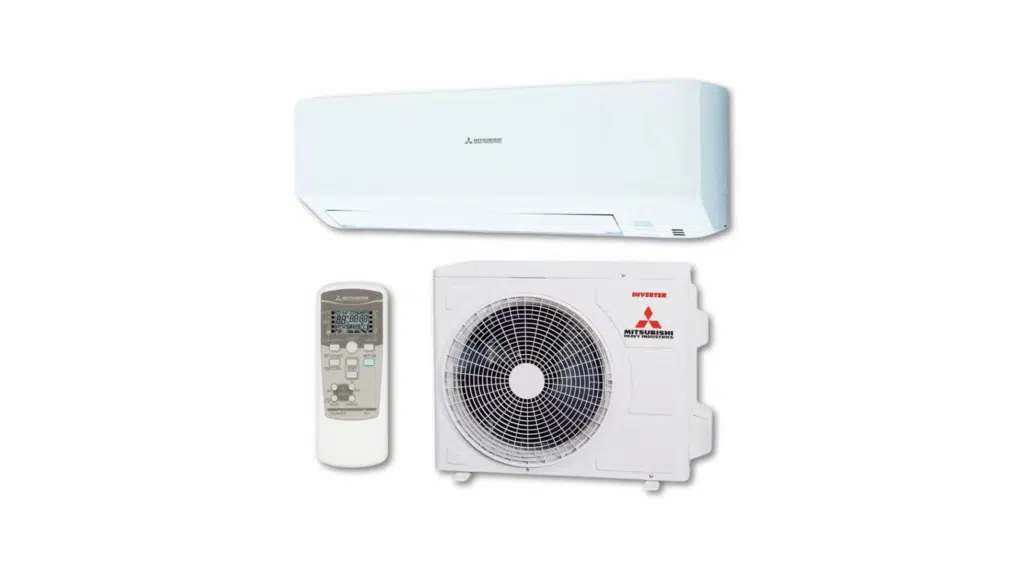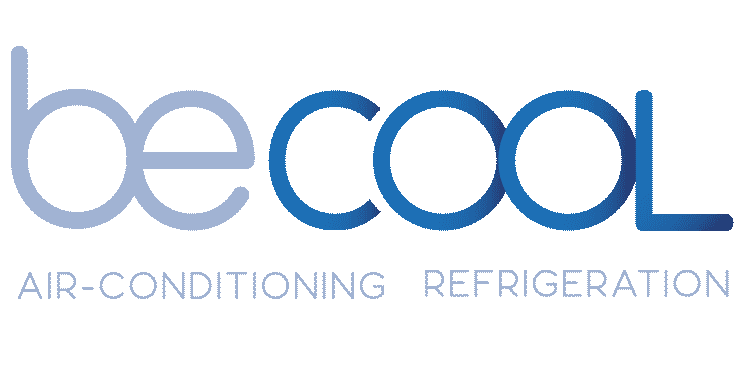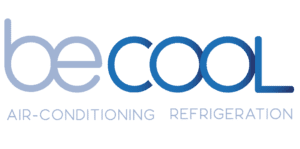Call: 0203 488 1889
Address:
Office 7, 35/37 Ludgate Hill
London, EC4M 7JN
Air Conditioning & Refrigeration Blogs
Expert Insights, Maintenance Tips, and the lates updates on Air Conditioning & Refrigeration.

In the quest for optimal indoor comfort, air conditioning has become an indispensable part of modern living. However, traditional air conditioning systems often come with drawbacks like high energy consumption, inconsistent temperatures, and disruptive noise. Enter inverter AC technology – a game-changer in the world of cooling. This comprehensive guide delves deep into the workings, advantages, and considerations surrounding inverter ACs, empowering you to make informed decisions for your home.
The heart of any air conditioning system is the compressor, responsible for circulating refrigerant and facilitating the cooling process. This is where the fundamental difference between inverter and traditional ACs lies.
Traditional ACs: These systems utilize a fixed-speed compressor, meaning it operates at only one speed: full power. When the thermostat detects a need for cooling, the compressor kicks on at full blast until the desired temperature is reached. Then, it abruptly shuts off. This on-off cycling creates temperature fluctuations, wastes energy during startup surges, and generates more noise.
Inverter ACs: In contrast, inverter ACs employ a variable-speed compressor. This sophisticated technology allows the compressor to adjust its speed and cooling output based on the room’s temperature and cooling needs. When the AC is first turned on, the compressor may operate at a higher speed to quickly cool the space. Once the desired temperature is close, the compressor slows down to maintain that temperature precisely, rather than cycling on and off. This continuous, modulated operation is the key to the numerous benefits of inverter AC technology.
The variable-speed compressor unlocks a cascade of advantages for homeowners:
1. Unparalleled Energy Efficiency and Cost Savings:
Perhaps the most significant benefit of inverter AC technology is its remarkable energy efficiency. By avoiding the energy-intensive startup surges of fixed-speed compressors and maintaining a consistent temperature, inverter ACs consume significantly less electricity. This translates directly into lower energy bills, reduced strain on the power grid, and a smaller carbon footprint. Studies and real-world usage have demonstrated energy savings ranging from 30% to as high as 50% compared to traditional ACs, making them a wise long-term investment. If your primary concern is how to reduce your AC energy bill, an inverter AC should be at the top of your list.
2. Consistent Temperature and Enhanced Comfort:
Say goodbye to the uncomfortable temperature swings often experienced with traditional ACs. Inverter ACs maintain a remarkably consistent temperature by continuously adjusting their cooling output. This eliminates the “cold blasts” followed by periods of relative warmth that characterize fixed-speed systems. The result is a more comfortable and stable indoor environment, ideal for sleeping, working, or relaxing. This consistent temperature with inverter AC contributes to a much more pleasant living space.
3. Whisper-Quiet Operation:
The constant on-off cycling of traditional ACs can be a significant source of noise pollution. Inverter ACs, with their smooth and continuous operation, are significantly quieter. The absence of frequent starts and stops reduces noise levels dramatically, making them perfect for bedrooms, home offices, and other noise-sensitive areas. This quieter operation with inverter AC enhances the overall tranquility of your home.
4. Extended Lifespan and Reduced Maintenance:
The smoother operation of the inverter compressor also contributes to a longer lifespan for the unit. The reduced stress from constant starts and stops minimizes wear and tear on components, potentially extending the AC’s life and reducing the need for frequent repairs. While the initial cost might be higher, the reduced maintenance and longer lifespan can offset this difference over time.
5. Improved Humidity Control:
Many inverter AC models offer superior dehumidification capabilities compared to traditional systems. By running at lower speeds for longer periods, they can effectively remove excess moisture from the air, creating a more comfortable and healthy indoor environment, especially in humid climates.
| Feature | Inverter AC | Traditional AC |
|---|---|---|
| Compressor | Variable-speed, adjusts cooling output dynamically | Fixed-speed, operates at full power or off |
| Energy Efficiency | Significantly higher (30-50% savings potential) | Lower |
| Temperature Control | Precise and consistent | Fluctuating, on-off cycles create temperature swings |
| Noise Level | Much quieter, smooth operation | Louder, due to frequent starts and stops |
| Lifespan | Potentially longer, reduced wear and tear | Shorter, due to stress from constant on-off cycles |
| Humidity Control | Often better, effective dehumidification at lower speeds | Less precise |
| Initial Cost | Higher | Lower |
| Long-Term Cost | Potentially lower due to energy savings and reduced maintenance | Potentially higher due to higher energy consumption and maintenance |
While the initial cost of an inverter AC is typically higher than a traditional unit, the numerous long-term benefits often make it a worthwhile investment. Consider these factors when making your decision:
Note: Costs are estimated based on average UK energy prices and typical usage patterns. Actual savings may vary based on specific circumstances and energy rates.
Inverter AC technology represents a significant leap forward in cooling, offering a compelling combination of energy efficiency, comfort, and whisper‑quiet operation. While the upfront cost can be higher, the long‑term pay‑off, lower energy bills, enhanced comfort, and a potentially longer unit lifespan, makes inverter systems a smart upgrade for homeowners. If you’re ready to embrace this next‑generation solution, consider a professional air conditioning installer to ensure peak performance and warranty protection. As technology continues to evolve, inverter ACs are poised to become the new standard for efficient, reliable indoor climate control.

Address:
Office 7, 35/37 Ludgate Hill
London, EC4M 7JN
Expert Insights, Maintenance Tips, and the lates updates on Air Conditioning & Refrigeration.


Address:
Office 7, 35/37 Ludgate Hill
London, EC4M 7JN
Air Conditioning Maintenance & Service

 A Man Caught Clinging on to an Air Conditioning
A Man Caught Clinging on to an Air Conditioningupto £140 off
T&C’s Apply
inverter aircon, inverter ac, inverter air conditioner, inverter air conditioning, ac inverter, inverter air conditioners, air conditioner inverter, energy saving ac, air conditioners savings, air conditioning inverters, inverter compressor energy savings percentage
inverter aircon, inverter ac, inverter air conditioner, inverter air conditioning, ac inverter, inverter air conditioners, air conditioner inverter, energy saving ac, air conditioners savings, air conditioning inverters, inverter compressor energy savings percentage
